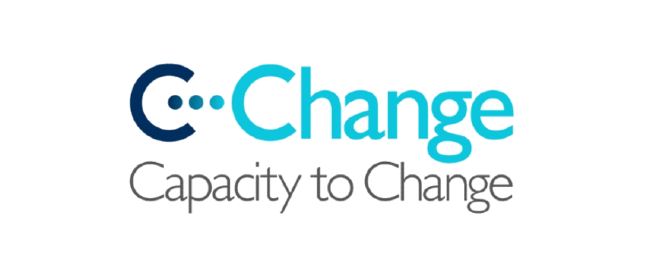Research leads to licensed training on assessing parents' capacity to change in child welfare cases

C-Change was designed by researchers in Bristol's Children and Families Research Centre and successfully licensed to partner Interface Enterprises to deliver national training.
Parental capacity to change is an aspect of assessment that has proved difficult for social workers for many years and is a growing area of interest in terms of current practice. Family courts, for example, expect greater attention to capacity to change in social workers' reports for care proceedings.
The C-Change programme, designed by researchers in Bristol's Children and Families Research Centre, has been successfully licensed to partner Interface Enterprises who will deliver national training to help assess parents' capacity to change in child welfare cases. The C-Change Capacity to Change approach is a complementary process to be used alongside standard methods of assessing children and their families. It supports assessing parents' capacities to change where children are in need, or at risk of maltreatment, to better inform future planning and decision-making for the child.
It can be used, for example, to assist decision-making when care proceedings are being considered; in planning to reunite children who have been in care with their parent(s); and in providing support through early help services. Problems it can help to address include delays in deciding to remove a child; decisions about removing a child from parents who might reasonably have been able to continue with the child's care; and working with cases that appear to be 'stuck'.
Dr Dendy Platt (retired) who led the work, said 'We know this approach fills an important gap in assessment. Our piloting suggested social workers' confidence in assessing parental capacity to change increases significantly following training and use of the approach in practice'.
Dr Platt had researched social work assessment of children and families, and parental engagement with services where children are at risk of harm, since 2001. With the support of the Centre, he and Katie Riches developed the new approach, integrating theoretical approaches to behaviour change with social work practice, and then combining this with Australian research on testing parents' abilities to make real life changes.
The programme and its piloting involved working closely with social work colleagues in Bath and North-East Somerset Council, North Somerset Council, and Somerset County Council, supported by an ESRC Knowledge Exchange Opportunities Scheme grant. Positive pilot results led to production of a practice manual while further success was evidenced in requests from ten local authorities for training in the new approach.
Together, the team and their partners applied successfully for ESRC Impact Acceleration Account funding to build the C-Change approach into a self-sustaining training programme, and a 5-year license agreement with social enterprise training organisation Interface Enterprises.
Dissemination was further supported by professional organisations with an interest in promoting evidence-based practice, including NSPCC, Research in Practice, Community Care, Action for Children, Care Knowledge, Principal Social Workers' Network and SCiE. Interface Enterprises also identified a potential market for delivering training to suit the needs of the Early Help sector and commissioned one of their internal trainers to adapt the resources for this purpose. And members of the judiciary are reported to have commented positively on the approach as used in family court proceedings.
Response to the training has been very positive, with most of the Local Authorities involved commissioning additional training courses. C-Change as an approach has also received interest from overseas, both from a research perspective, and for practitioners working with children, young people and families in Canada and Australia.
Wendy Weal, Managing Director, of Interface Enterprises said 'We are delighted to be working with the University of Bristol on the C-Change approach. We have a mission to transform the lives of vulnerable children and families, and so are very excited by the prospect of this approach making a real difference. We know from experience that this will fill a real need for practitioners in their work, and we are excited to be able to support them, through training and use of the manual, to gain skills and confidence which in turn will improve the quality and accuracy of assessments'.
Interface is a national provider of specialist support, training, information and resources for those working with vulnerable children and families. Interface was established by Wendy Weal, former deputy delivery manager for the families at risk division in the Department for Education. Interface Enterprises provides training, research and evaluation, and consultancy support across the UK. For more information, contact Interface Enterprises Ltd on 01603 251730 or email info@interfaceenterprises.co.uk